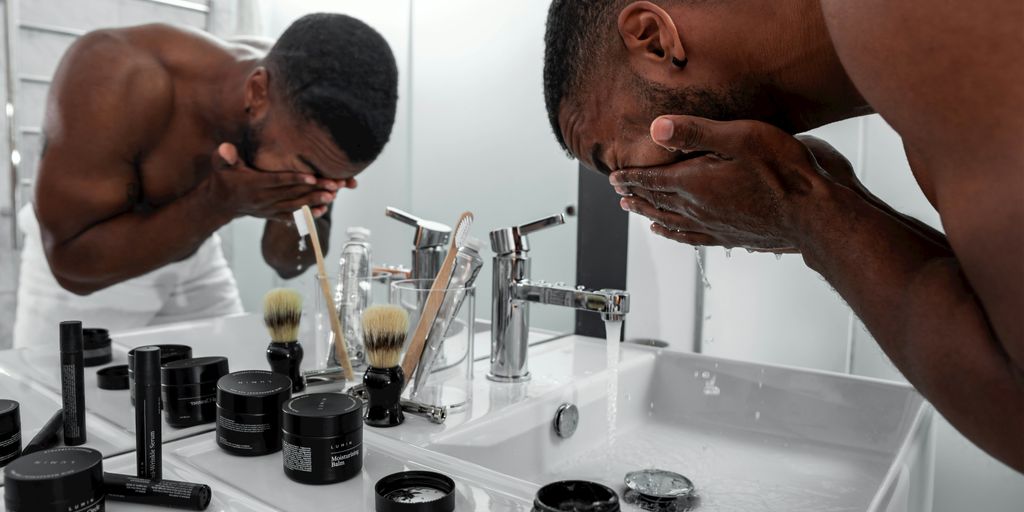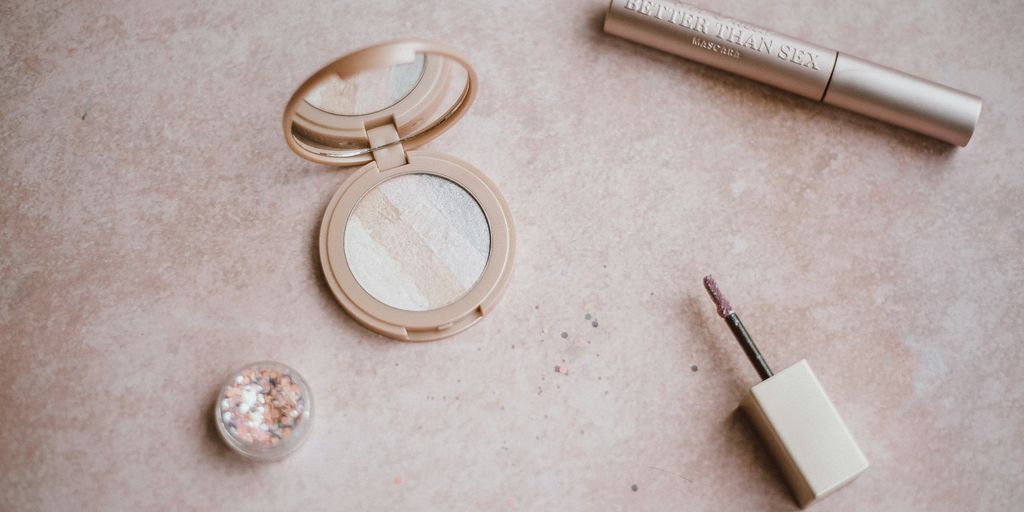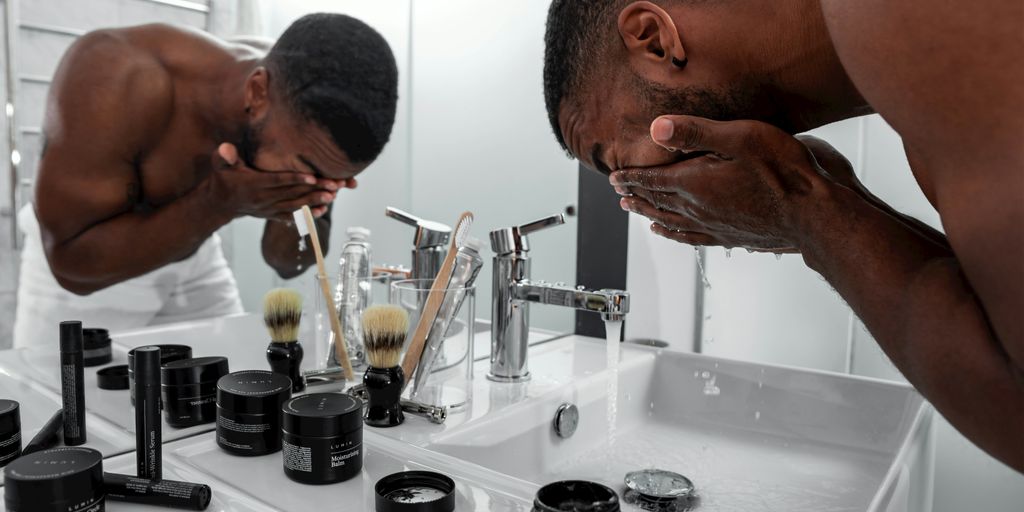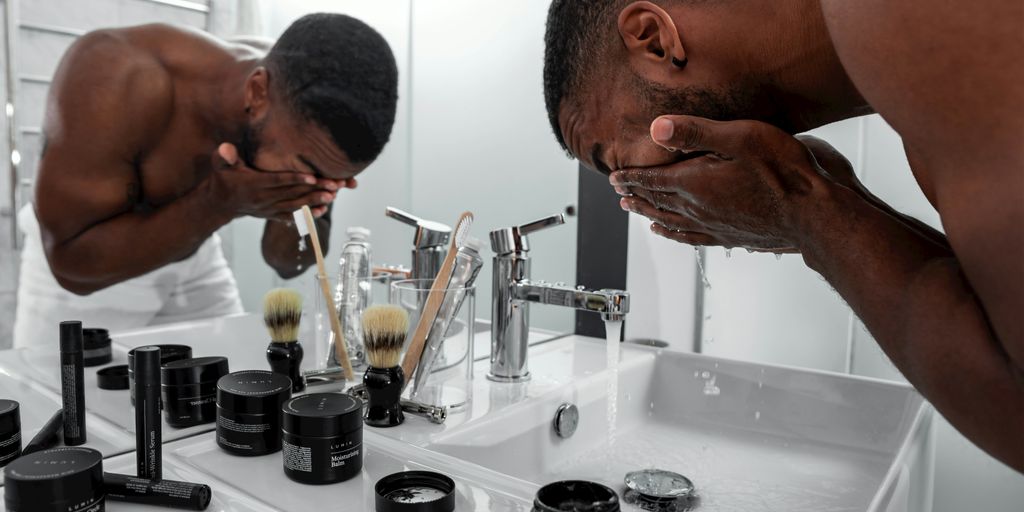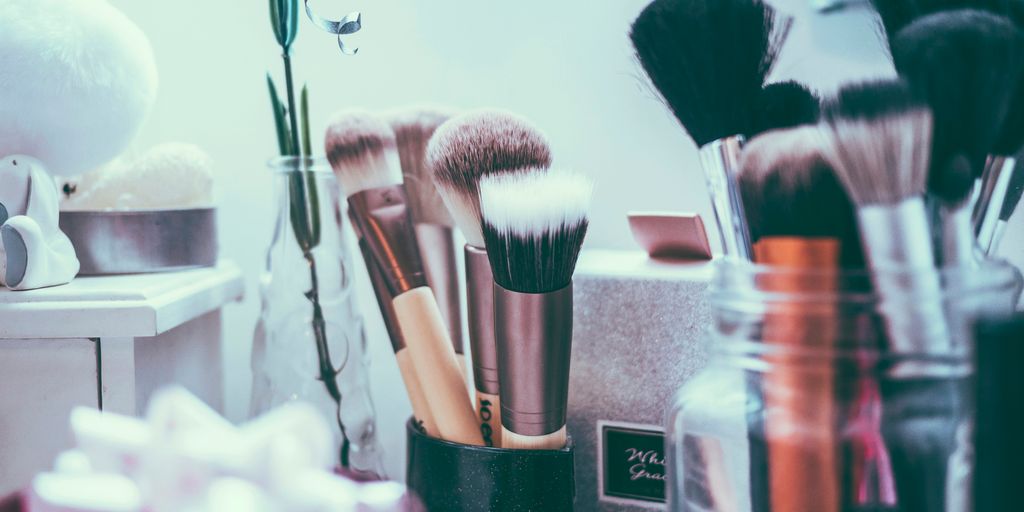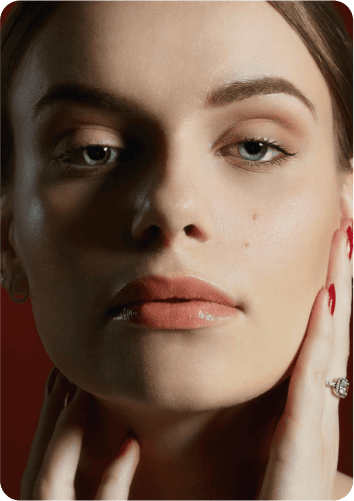As consumers become more conscious of ethical practices, the question of whether brands are cruelty-free has gained significant attention. Burt’s Bees, known for its natural beauty products, has faced scrutiny regarding its animal testing policies. In 2025, many are asking: is Burt’s Bees cruelty free? Let’s break down the facts, controversies, and what they mean for consumers today.
Key Takeaways
- Burt’s Bees has a complex history with animal testing policies that have evolved over time.
- Official statements from the brand have sparked debate among consumers about their cruelty-free status.
- The influence of parent companies like Clorox raises questions about true cruelty-free practices.
- Recent allegations of animal testing have led to backlash from loyal customers.
- Choosing truly cruelty-free brands requires careful research and awareness of both brand and parent company policies.
Understanding Cruelty-Free Standards
What Does Cruelty-Free Mean?
So, what does it really mean when a product is labeled "cruelty-free"? It’s a term that gets thrown around a lot, but it’s important to understand what it signifies. Basically, it should mean that the product and its ingredients weren’t tested on animals at any stage of development. However, there’s no single, universal definition, which can lead to some confusion. That’s why it’s important to dig a little deeper than just taking the label at face value.
Key Certifications to Look For
If you’re serious about buying cruelty-free, keep an eye out for these certifications:
- Leaping Bunny: This is a widely recognized certification that requires companies to adhere to strict standards and undergo regular audits.
- PETA’s Beauty Without Bunnies: Another popular certification, though some find Leaping Bunny to be more rigorous.
- Choose Cruelty Free (CCF): An Australian certification that has a detailed approval process.
These certifications help take some of the guesswork out of shopping. It’s like having a trusted friend who’s already done the research for you.
The Importance of Transparency
Transparency is super important. Companies should be open about their entire supply chain. If a brand isn’t willing to share information about where their ingredients come from or who their suppliers are, that’s a red flag.
A company’s willingness to be transparent speaks volumes. If they’re truly committed to being cruelty-free, they’ll be happy to provide details about their practices. If they’re cagey or evasive, it might be best to look elsewhere.
Burt’s Bees’ Animal Testing Policy
Official Statements from Burt’s Bees
Burt’s Bees has often stated that they don’t conduct animal testing. It’s a pretty common question, and they usually address it directly on their website and in responses to customer inquiries. However, things get a little more complex when you start digging into the details, especially concerning their parent company. It’s worth looking at the exact wording they use in their statements. Do they say they don’t test, or that their suppliers don’t test? These small differences can mean a lot.
Changes in Policy Over the Years
Like many brands, Burt’s Bees’ stance on animal testing has evolved. There was a time when their policies weren’t as clear-cut as they are now. It’s important to remember that the beauty industry has changed a lot, and consumer awareness has pushed companies to be more transparent. It’s a good idea to look at how their policies have changed over time to get a full picture. For example:
- Early 2000s: Less emphasis on cruelty-free practices.
- 2010s: Increased focus on natural ingredients and ethical sourcing.
- Present: Claims of no animal testing, but scrutiny remains due to parent company.
Comparing with Industry Standards
When it comes to animal testing, the beauty industry is all over the place. Some companies have strict policies, while others… not so much. Burt’s Bees often gets compared to other brands in the "natural" skincare space. It’s helpful to see how their policies stack up against companies like Tom’s of Maine or The Body Shop, which have very different approaches. Also, consider these points:
- Do they sell in China, where animal testing was previously required for many imported cosmetics?
- Are they certified by a third-party organization like Leaping Bunny?
- How transparent are they about their supply chain?
Recent Controversies Surrounding Burt’s Bees
Allegations of Animal Testing
Over the past few years, Burt’s Bees has faced increased scrutiny regarding its animal testing practices. While the company maintains that it doesn’t conduct animal testing, some sources claim that their products are tested on animals when required by law in certain countries. This is a pretty common issue for brands that sell in places like China, where animal testing was, and in some cases still is, a requirement for imported cosmetics. This discrepancy between the brand’s official stance and the reality of global regulations has fueled much of the controversy.
Consumer Reactions and Backlash
The allegations of indirect animal testing have definitely sparked a reaction from consumers. Many people who previously supported Burt’s Bees due to its perceived cruelty-free status have expressed disappointment and anger. You see a lot of comments online about people switching to other brands that have a clearer commitment to being cruelty-free. The backlash is visible in social media trends, online reviews, and even in sales figures, with some consumers actively boycotting the brand. It’s a reminder that consumers really do care about these issues, and they’re willing to put their money where their mouth is.
Impact on Brand Reputation
The controversies have undeniably impacted Burt’s Bees’ brand reputation. The brand, once celebrated for its natural and ethical approach, now faces a challenge in regaining consumer trust. The damage extends beyond just losing customers; it also affects the brand’s image and its ability to attract new consumers who are increasingly conscious of ethical considerations. It’s a tough spot for them, and it shows how important it is for companies to be transparent and consistent in their values.
The situation highlights the growing demand for transparency and accountability in the beauty industry. Consumers are no longer satisfied with vague claims and are actively seeking brands that align with their values. This shift in consumer behavior is forcing companies to re-evaluate their practices and prioritize ethical considerations.
Here are some ways the brand reputation has been impacted:
- Loss of consumer trust
- Negative media coverage
- Decreased brand loyalty
The Role of Parent Companies in Cruelty-Free Claims
It’s easy to get caught up in a brand’s individual claims about being cruelty-free. But, it’s important to look at the bigger picture, especially who owns the brand. Parent companies can have a huge influence on the practices of the brands they own, and this can sometimes create a conflict when a smaller brand known for being cruelty-free is acquired by a larger corporation with different standards.
Burt’s Bees and Clorox: A Complicated Relationship
Burt’s Bees is owned by Clorox. This relationship has raised questions for some consumers. Clorox is a large company that sells a wide range of products, and some of their practices might not align with the values of consumers who are looking for cruelty-free options. The acquisition of smaller, ethically focused brands by larger corporations is a common trend, but it brings up concerns about whether the original values of the smaller brand will be maintained.
How Parent Companies Influence Practices
Parent companies can influence their subsidiaries in a number of ways:
- Setting budgets and financial goals.
- Dictating supply chain practices.
- Influencing product development and testing protocols.
- Requiring adherence to company-wide policies, even if they conflict with the subsidiary’s original mission.
It’s important to remember that a parent company’s overall ethical stance can impact the operations of its subsidiaries, even if those subsidiaries have historically maintained a cruelty-free image.
Consumer Awareness of Parent Company Policies
Consumers are becoming more aware of the connection between brands and their parent companies. This increased awareness is driving demand for greater transparency. People want to know not just about the individual brand’s policies, but also about the ethical standards of the larger corporation that owns it. This information helps consumers make informed choices that align with their values.
Alternatives to Burt’s Bees

Other Brands with Strong Cruelty-Free Commitments
Okay, so you’re looking for alternatives to Burt’s Bees. That’s totally understandable! Luckily, there are tons of brands out there that are super committed to being cruelty-free. Some popular options include:
- Pacifica: Known for its vibrant packaging and wide range of vegan and cruelty-free products.
- Axiology: Focuses on multi-use crayons and balms with a strong emphasis on ethical sourcing.
- 100% Pure: Offers fruit-pigmented makeup and skincare, avoiding harsh chemicals and animal testing.
These brands often go above and beyond, ensuring their entire supply chain is free from animal testing. It’s always a good idea to do a little digging and see what resonates with you!
How to Choose Truly Cruelty-Free Products
Choosing truly cruelty-free products can feel like a maze, but it doesn’t have to be! Here’s a simple guide:
- Look for Certifications: Leaping Bunny and PETA’s Beauty Without Bunnies are two of the most recognizable certifications. These organizations have strict standards and regularly audit companies.
- Check the Ingredients: Be aware of ingredients that might be derived from animals. While not directly related to animal testing, some consumers prefer to avoid these.
- Research the Parent Company: As we’ve discussed, a brand might be cruelty-free, but its parent company might not be. Ethical Consumer is a great resource for this.
It’s important to remember that "cruelty-free" isn’t a regulated term, so companies can sometimes use it loosely. Doing your homework is key!
The Rise of Vegan and Cruelty-Free Brands
The demand for vegan and cruelty-free beauty is exploding! More and more people are making conscious choices about the products they buy, and brands are taking notice. This shift in consumer preference is driving innovation and making cruelty-free options more accessible than ever before. You can now find amazing vegan and cruelty-free products in almost every category, from makeup to skincare to hair care. It’s a really exciting time to be a conscious consumer!
Here’s a quick look at the market growth:
| Year | Market Size (USD Billion) | Projected Growth (%) |
|---|---|---|
| 2023 | 16.5 | 6.8% |
| 2024 | 17.7 | 7.2% |
| 2025 | 19.0 | 7.5% |
The Future of Cruelty-Free Beauty
Trends in Consumer Preferences
Consumer habits are changing, and cruelty-free is becoming more important. People want to know where their products come from and how they’re made. This demand is pushing brands to be more transparent and ethical. More and more, shoppers are choosing brands that align with their values, and that includes avoiding animal testing. It’s not just a niche market anymore; it’s becoming a mainstream expectation.
Legislation Impacting Animal Testing
Laws around animal testing are changing, but it’s a slow process. Some places have banned it for cosmetics, but there’s still a lot of work to do. These laws can really push companies to find new ways to test products, like using technology or lab-grown tissues. It’s not just about stopping animal testing; it’s about encouraging better, more modern methods.
The Role of Advocacy Groups
Advocacy groups are super important in the push for cruelty-free beauty. They keep the pressure on companies and governments to make changes. They also help people learn about which brands are truly cruelty-free. They do a lot of work behind the scenes, from running campaigns to pushing for new laws.
These groups play a big role in shaping the future of the beauty industry. They help consumers make informed choices and hold companies accountable for their practices.
As we look ahead, the world of cruelty-free beauty is becoming brighter and more exciting. More brands are choosing to create products that are kind to animals and the planet. This shift means you can enjoy your favorite beauty items without guilt. Join the movement towards a more compassionate beauty routine! Visit our website to discover a range of cruelty-free products that align with your values and help make a difference.
Final Thoughts on Burt’s Bees and Cruelty-Free Practices
In wrapping up our look at Burt’s Bees and its stance on cruelty-free practices, it’s clear that the topic is more complicated than it seems. While the brand has made strides in promoting natural ingredients and sustainability, the recent controversies have raised questions about their commitment to being truly cruelty-free. It’s important for consumers to stay informed and consider the broader implications of their purchases. If you care about animal welfare, it might be worth exploring other brands that align more closely with your values. Ultimately, the choice is yours, and being an informed shopper is the best way to support the causes you care about.
Frequently Asked Questions
Is Burt’s Bees cruelty-free?
Burt’s Bees claims to be cruelty-free, but there are some controversies that suggest otherwise.
What does cruelty-free mean?
Cruelty-free means that a product was not tested on animals at any stage of its development.
What are some certifications for cruelty-free products?
Look for certifications like Leaping Bunny or PETA’s cruelty-free logo to ensure a product is truly cruelty-free.
Why is it important for brands to be transparent about their animal testing policies?
Transparency helps consumers make informed choices and supports ethical practices in the beauty industry.
What controversies have arisen regarding Burt’s Bees?
There have been allegations about Burt’s Bees being linked to animal testing due to its parent company, Clorox.
What are some alternatives to Burt’s Bees that are cruelty-free?
Brands like Lush, e.l.f., and Pacifica are known for their strong cruelty-free commitments.


